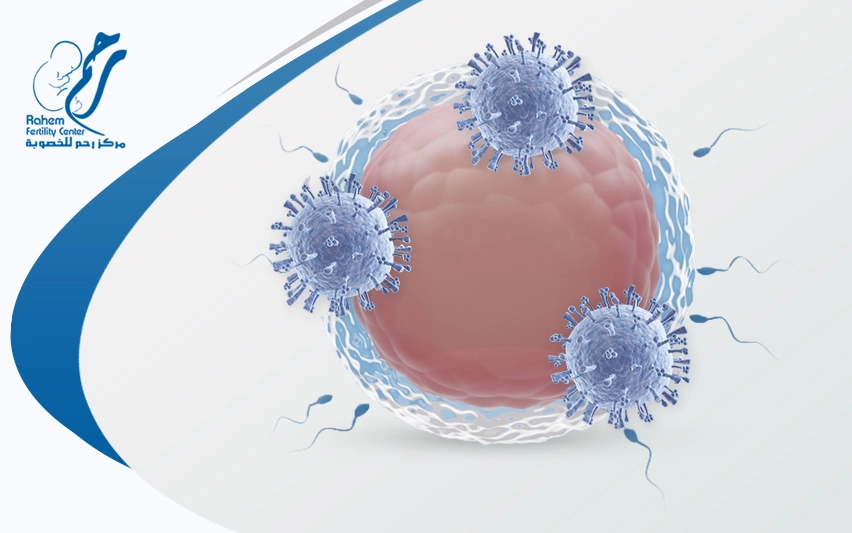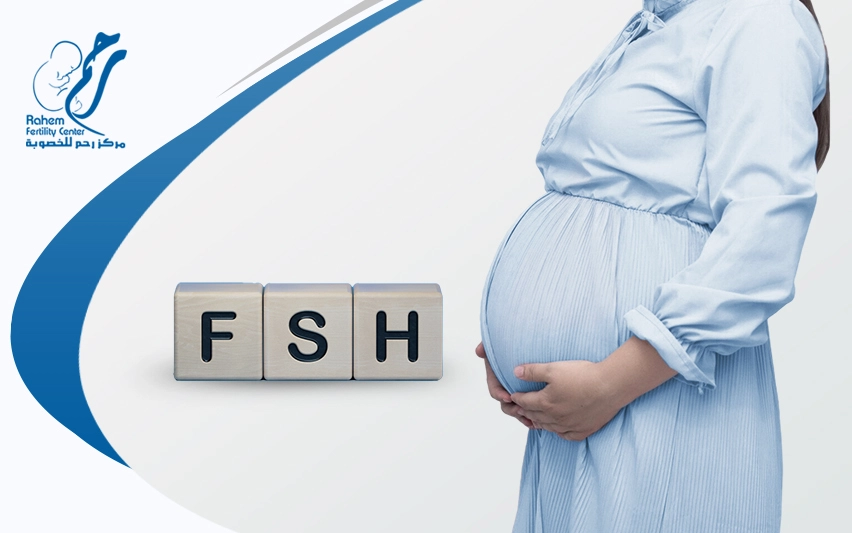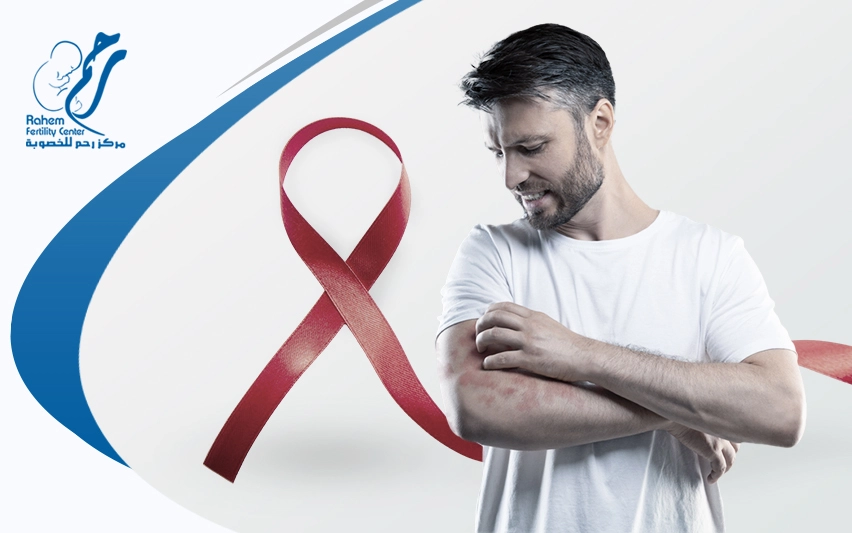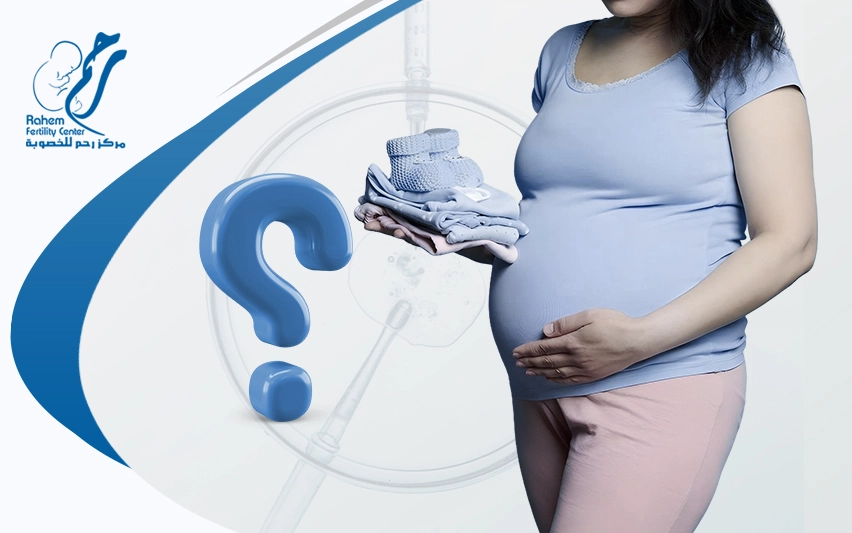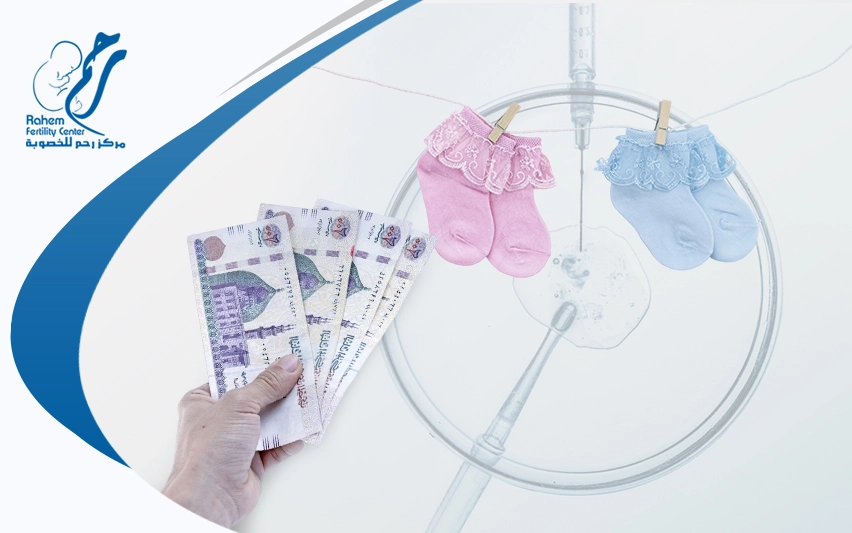ICSI brings hope when infertility feels overwhelming. Yet many parents hesitate for one reason: the safety of their child.
The thought of ICSI side effects on baby can quickly turn excitement into fear. Is there a risk of genetic disorders? Could the procedure raise birth defects?
Parents deserve clear, evidence-based answers that calm the anxiety before taking such a life-changing step.
Does ICSI increase the chance of Down syndrome?
Current research does not prove that ICSI itself raises the chance of Down syndrome. The strongest factor remains maternal age; older mothers face higher risks regardless of conception method.
Role of parental genetics
- Couples turning to ICSI for severe male infertility may already carry underlying genetic issues.
- These factors can influence outcomes, but they are linked to the parents’ biology, not the injection process.
What helps reduce worry?
- Prenatal screening: ultrasound and non-invasive blood tests at the right pregnancy stages.
- Embryo chromosomal testing (PGT) is performed when medically justified.
- Open counseling with your fertility specialist to align tests with your family’s profile.
By taking these proactive steps, parents address concerns about icsi side effects on baby directly, focusing on early detection and prevention rather than assuming the procedure itself creates risks.
How does ICSI affect baby gender?
ICSI does not choose a baby’s sex. The lab selects a single healthy-looking sperm, but it cannot see whether that sperm carries an X or Y chromosome. Population-level studies show the sex ratio after ICSI stays close to the natural baseline.
Minor swings reported in some cohorts reflect biology and parental factors, not the technique. If a clinic markets ICSI as a way to pick gender without additional approved methods, treat that claim skeptically.
For most couples, icsi side effects on baby do not include any predictable change in sex ratio.
Key points so far
- Maternal age drives Down syndrome risk more than the procedure itself.
- ICSI does not predictably alter gender.
- Ask your care team which screening steps fit your case; a clear plan often replaces anxiety with control over decisions today.
Does ICSI increase birth defect risks?
Parents often fear that ICSI might lead to structural or genetic problems. Studies confirm that the vast majority of ICSI babies are born without complications. Still, research highlights a slightly higher risk of certain defects compared with natural conception.
Why?
- The main factor is often the genetics behind infertility, especially male-related issues.
- The injection step itself is rarely the cause.
- Family history and maternal age also play a role.
Practical measures include genetic counseling, a full medical history review, and, when indicated, preimplantation genetic testing.
These strategies directly address the worry many couples feel about ICSI side effects on baby while giving doctors the chance to detect risks early.
How healthy are ICSI babies?
Long-term data offers reassurance. Most ICSI children grow, learn, and develop just like their peers. Cognitive performance, social interaction, and overall health fall within normal ranges.
Doctors sometimes note minor differences at birth, such as:
- Lower average birth weight in certain groups.
- More frequent monitoring during the neonatal stage.
Most differences fade with time, and ICSI children grow like their peers. Long-term studies show no alarming risks.
What matters most is routine care, good nutrition, and attentive parenting. With this support, concerns about icsi side effects on baby become far less significant.
Practical Steps for Parents
Couples often feel powerless once treatment begins. Yet there are clear actions you can take to stay in control.
Before ICSI
- Request full genetic counseling.
- Ask if preimplantation genetic testing is suitable.
- Review maternal age–related screening timelines.
During pregnancy
- Follow recommended ultrasound and blood tests.
- Keep open communication with your doctor about family history
These proactive steps directly lower the concerns tied to icsi side effects on baby by addressing hidden risks early.
Are babies born through ICSI less healthy than those born through IVF?
Current research shows no major difference in overall health between children born via IVF and those born via ICSI. Both groups generally grow, learn, and develop naturally, like conceived children.
Slight variations reported at birth, such as weight or early monitoring, tend to disappear with time. For parents, the key point is that icsi side effects on baby are not significantly greater than outcomes seen with standard IVF.
Key Questions to Ask Your Clinic
Can ICSI affect my child’s future fertility?
Current research shows no evidence that boys or girls conceived through ICSI have reduced fertility, but long-term studies are still ongoing.
Is there a higher chance of premature birth with ICSI?
Some studies suggest a slightly increased rate of preterm birth, though this is often linked to parental factors and not the procedure itself.
Does ICSI raise the risk of autism or learning difficulties?
Large-scale studies have not found a consistent link. Most children conceived via ICSI perform on par with naturally conceived peers at school age.
Should we consider genetic counseling before ICSI?
Yes. Especially for couples with a family history of genetic conditions or severe male infertility, counseling helps identify risks early and reduce worries about icsi side effects on baby.
Turning Worry Into Confidence After ICSI
The reality is that most families go on to welcome healthy children after ICSI. Concerns about icsi side effects on baby should not be ignored, but they must be weighed against the strong evidence of normal growth and development in the majority of cases.
Think of it this way: infertility itself carries uncertainties. ICSI provides a solution, and with proper medical guidance, those risks can be managed at Rahem Fertility Center




